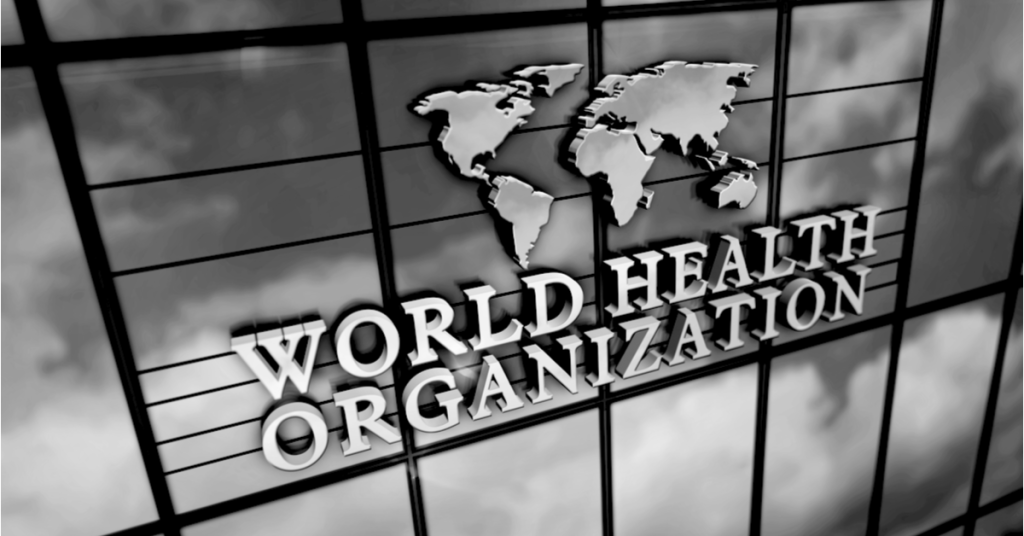
In an interview on April 28, attorney Michael Alexander discussed how the World Health Organization (WHO) is attempting to give itself complete control over public health policy by creating a new “global treaty.”
Alexander, co-chair of the law and activism committee of the World Council for Health and a constitutional litigator at the Justice Center for Constitutional Freedoms, said under the global treaty the WHO would essentially be “dictating public health in the event a pandemic was declared” and control how nation’s respond to it.
“And so we have kind of an informal arrangement going on behind the scene that people are really not aware of — and I was not aware of —but its not something that’s really talked about even by the WHO itself,” Alexander said. “But now the WHO wants to formalize this relationship and [Dr. Tedros Adhanom Ghebreyes], the director-general, has proposed a global treaty.”
According to Alexander, the global treaty would allow key member states to appoint special ministers to the WHO, and the director-general in combination with general appointees would have the power to declare when a pandemic exists and could dictate to all member states what measures they will take within their own countries.
“It would actually involve a transfer of sovereignty regarding public health policy from domestic or member states who sign on the policy in favor of the WHO,” Alexander said. “So the next time the WHO decides that there’s a pandemic — and they’ve watered down the definition on that so it’s easier now to declare a pandemic than it was a few years ago — essentially we will be looking at a top-down global dictatorship in public health.”
Although the WHO says it will not vote on the initiative until 2024, Alexander expects an accelerated process.
“Once it’s voted upon, each country must decide whether to incorporate it into domestic legislation, but in the U.S. all that’s required is for the executive — essentially the President — to say, “yeah we like that” and it becomes a domestic law,” Alexander said. “It doesn’t necessarily have to go to the Senate for a two-thirds vote, unlike in Canada where there has to be a formal transfer of authority where the parliament has to vote to add the treaty into domestic law.”
So anybody who decides to adopt this is essentially saying “our public health policies could be dictated by the WHO, and that’s troubling.”
Watch the full interview here:

